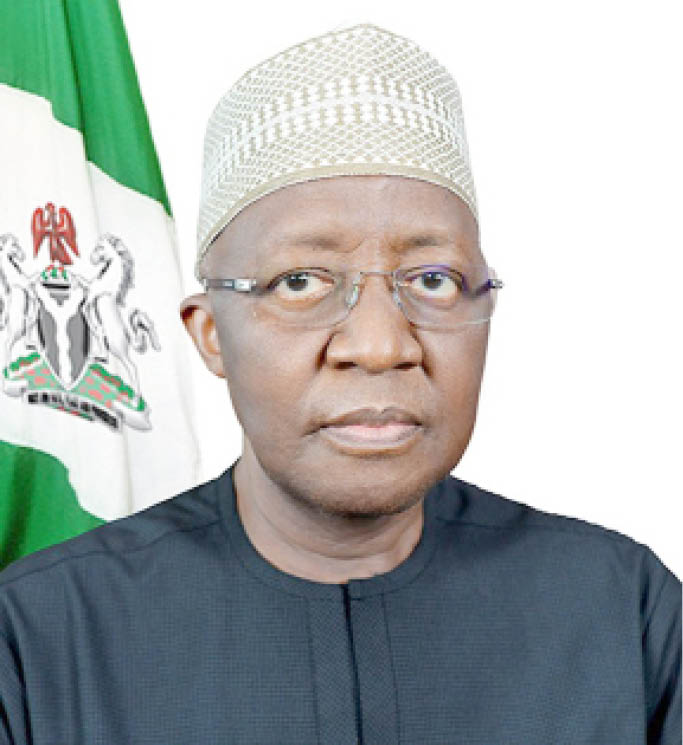The federal government’s contribution to plug in the revenue generation shortfall in the power sector in the second quarter of 2023 has increased to N135.2bn from the N36bn it paid in the first quarter of 2023.
The figure was contained in the Nigerian Electricity Regulatory Commission (NERC) quarterly report.
But experts have stated that the money paid into the sector is only benefiting the rich as rural communities are left out of the national grid.
It would be recalled that NERC had stated that rich customers constitute the highest consumers of electricity in the country thus enjoying more of the subsidy provided in the sector.
Column No.6: Aké festival’s swansong stirs mixed feelings
Bradley excited to knock rust off in Japan title defence
But the report explained that “The government incurred a subsidy obligation of N135.23bn in 2023/Q2, which is an increase of N99.21bn (+275 per cent) compared to the N36.02 billion incurred in 2023/Q1; this increase is largely attributable to the government’s policy to harmonise change rates.”
It stated that on average, the subsidy obligation incurred by the government per month was N45bn in 2023/Q2.
The report said that during the period, the total revenue collected by all Distribution Companies (DisCos) was N267.8bn out of the N354.61 billion that was billed to customers.
“The DisCos overall collection efficiency increased by 6.79 percentage points from 68.75 per cent recorded in 2023/Q1. While the total collections increased by 8.41 per cent (compared to N247bn in 2023/Q1), the total billings declined by -1.33 per cent (compared to N359.3bn in 2023/Q1).
It added that the total electricity generated during the quarter reduced to 8,867.05 Gigawatt per hour (GWh), translating to a decrease of -5.17 per cent (-483.19GWh) from the 9,350.24GWh generated in 2023/Q1.
It said this is due to 16 of the 26 grid-connected power plants recording a decrease in total generation.
It said a total of 178,864 meters were installed during the period representing an increase of 3,583 installations compared to the 175,281 meters installed in 2023/Q1.
Subsidy not benefiting end users – Experts
Commenting on the subsidy payment, the President of Nigeria Consumer Protection Network, Kunle Kola Olubiyo said the subsidy government is paying in the sector is not benefiting the end users.
Olubiyo said the government is yet to explain the parameters used to make its calculation in intervening in the sector as electricity is yet to be stable in the country.
“It is strange to us because the parameters used for subsidy, you don’t get the accuracy of the data as we don’t know the number of customers in the country. Generation, transmission and distribution has not increased.”
He added that the government might end up paying money in the wrong hands.
“We are not being subsidised. Look at the rate of electricity tariff in 2013, it was about 7 to 8 per kilowatt hour, later it became 11, 15 and now it is about 70. There has been a sudden increase. So who are they subsidising? It is better for the government now to stop the subsidy and let us have a transition electricity market and market determined rate.”
On his part, the founder of Spark Nigeria, Chinedu Amah, said that with the loss of the value of naira, everything involving subsidy is becoming more expensive.
“As we continue to struggle with the value of our currency, I think the subsidy is being channeled wrongly, those funds, if channeled into health care and infrastructure, will be more resilient.
“At the end of the day, whatever is subsidised is for the rich person and not the poor man in the rural community. How much supply do we have in villages? The farmers in the village who need electricity to process agro-produce, to preserve them don’t have access. Over 45 per cent of what we produce in the country is wasted because we can’t process or preserve them. Who is the electricity subsidised for, it is the man in the big mansion in the city,” he said.

 Join Daily Trust WhatsApp Community For Quick Access To News and Happenings Around You.
Join Daily Trust WhatsApp Community For Quick Access To News and Happenings Around You.


